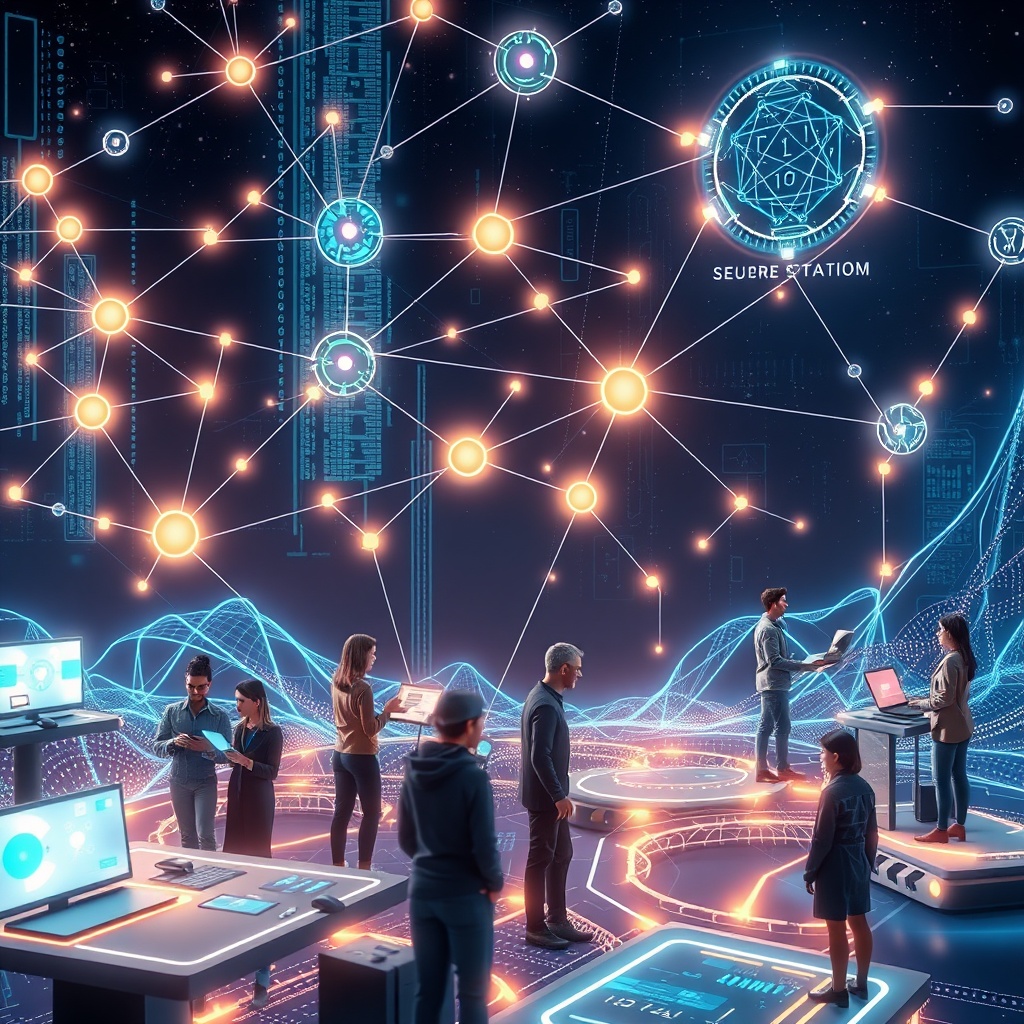Empowering Collaboration Through Decentralization

In an era where data is the new oil, the ability to share and compute data securely among multiple parties is paramount. Traditional data-sharing methods often involve centralized systems that pose significant risks, including data breaches and privacy violations. Decentralized platforms are emerging as a beacon of hope, enabling secure multi-party computation (MPC) and fostering collaborative data environments without compromising individual privacy.
Mechanisms Behind Secure Multi-Party Computation

At the heart of decentralized platforms lies the innovative mechanism of multi-party computation. This technology allows multiple stakeholders to jointly compute a function over their inputs while keeping those inputs private. Imagine a scenario where hospitals can collaboratively analyze patient data to improve healthcare outcomes without revealing sensitive information. This is not just a dream but a growing reality.
Some of the key mechanisms include:
- Homomorphic Encryption: This allows computations to be performed on encrypted data, ensuring that sensitive information remains confidential.
- Secure Multi-Party Protocols: These protocols enable parties to compute functions while safeguarding their individual data.
- Blockchain Technology: By leveraging blockchain, decentralized platforms can ensure data integrity and enhance trust among participants.
The Future of Data Collaboration and Security
As we venture further into the realms of artificial intelligence and big data, the need for robust and secure data collaboration platforms will only grow. Decentralized platforms not only mitigate risks associated with data sharing but also democratize access to valuable insights across various industries. The potential applications are vast, spanning finance, healthcare, and even governmental operations.
The implications of adopting these platforms extend beyond mere data security. They could redefine the landscape of data ownership, allowing individuals to retain control over their data while still benefiting from collaborative computation. As organizations begin to embrace these technologies, we can anticipate a transformative shift in how data is utilized and shared, paving the way for a more secure and equitable digital ecosystem.





